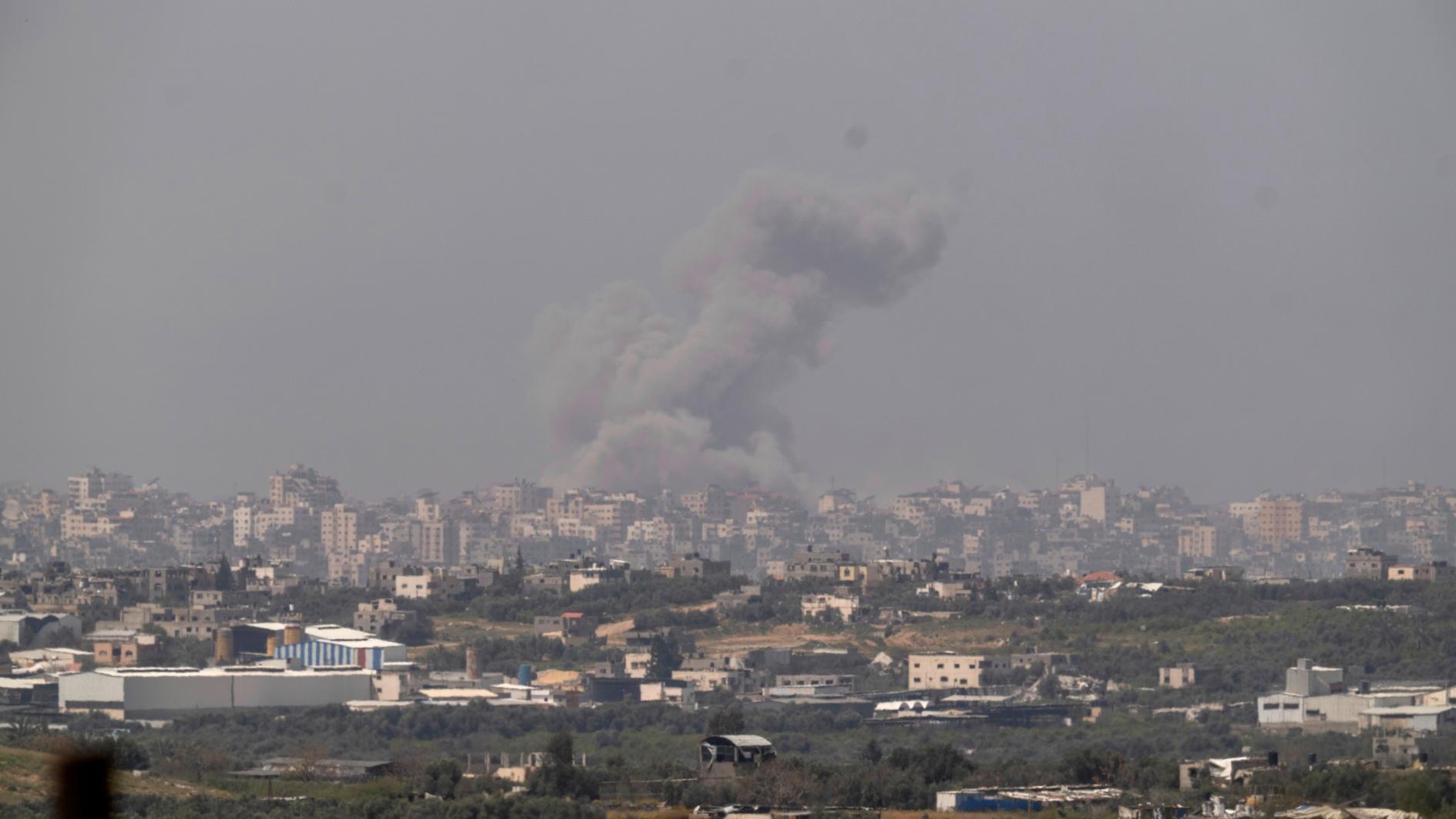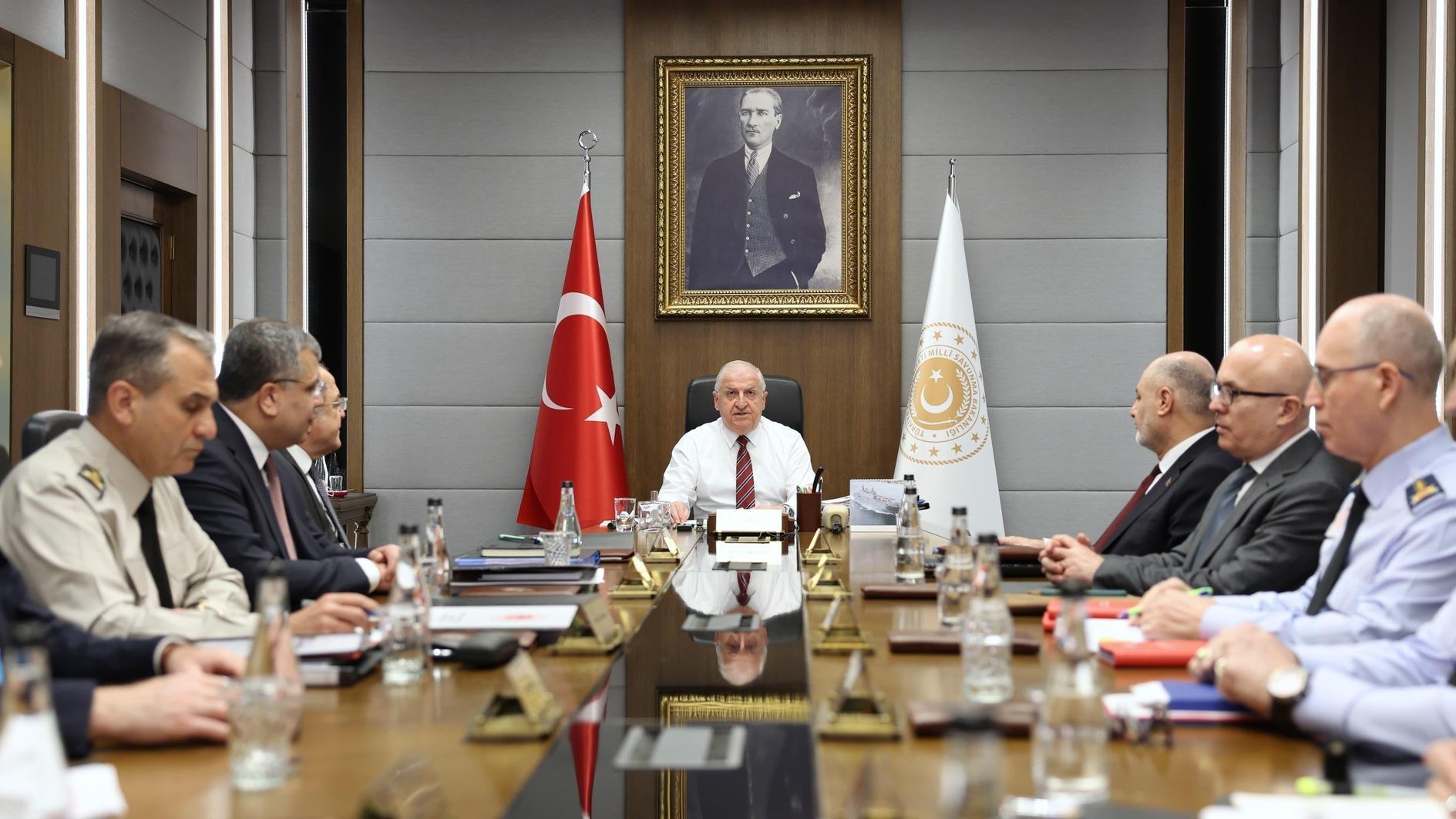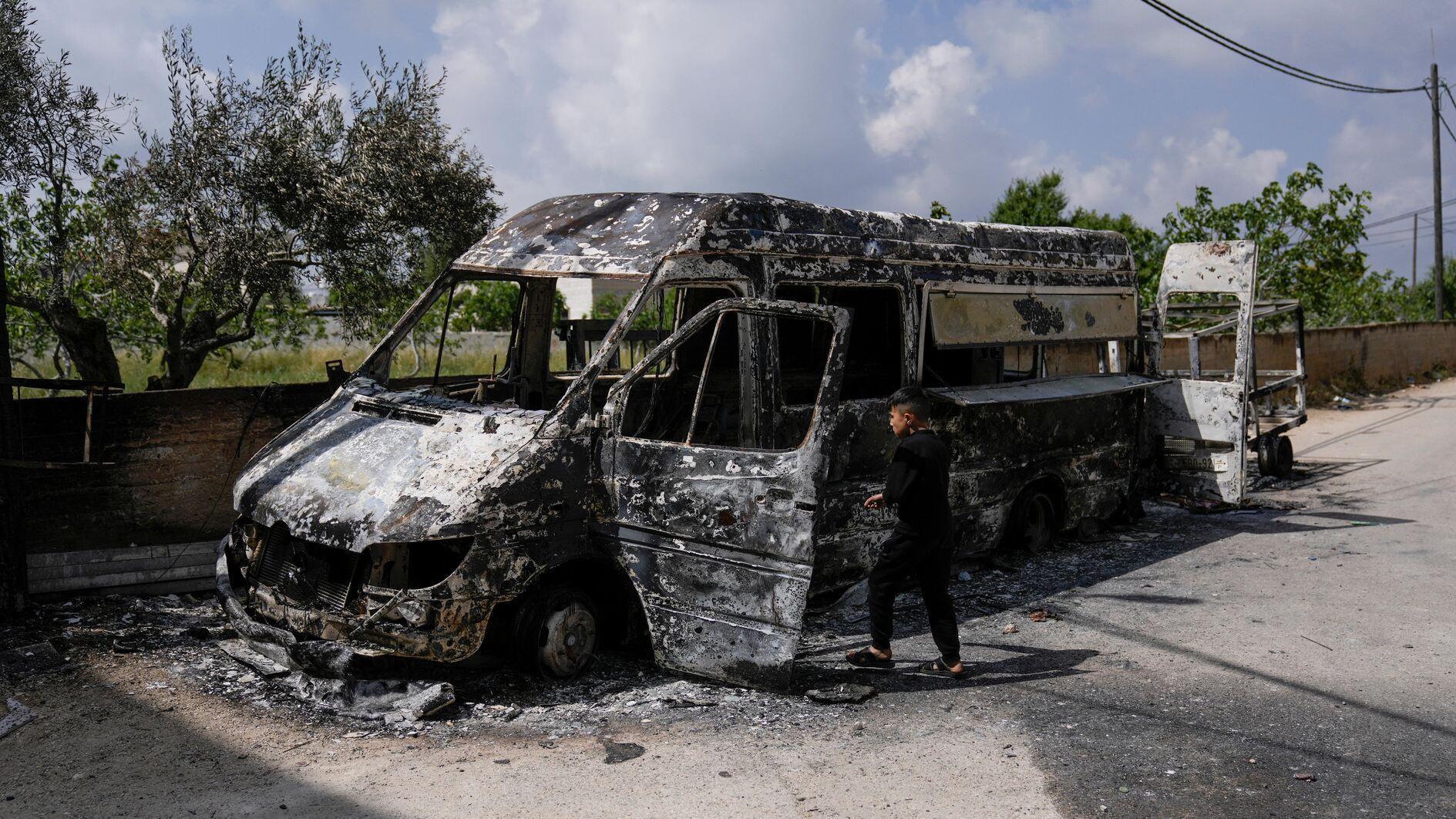Turkey’s Syria policy problem
Syria is officially now Turkey’s number one foreign policy problem, as stated by Turkish President Abdullah Gül before leaving for New York on Sept. 20 to attend a series of United Nations General Assembly meetings.
He also said this: “Wars are never desired, but if you are not ready for war, then you cannot prevent wrongdoings. This is how it should be perceived. Turkey has no desire for war [in Syria].” It is interesting for Gül to bridge two sentences, pointing in not quite the same direction with the short one about perception, as he is in a position to see and get worried that Turkey’s perception regarding the Syrian crisis will lead to an intervention sooner rather than later.
And it is not only the international scene. Almost an hour before Gül’s press conference, Muharrem Yılmaz, the chairman of the Turkish Industry and Business Association (TÜSİAD), the top business club in the country, was criticizing the government because of its Syria policy, which has been proved to be “not effective and caused Turkey to be seen as if it is a side in the war.” Yılmaz also said that TÜSİAD, “hopes and expects Turkish foreign policy to be directed in an axis in line with its deep-rooted peaceful traditions, which place our country on the side of solutions, not conflicts.”
This “hope” is actually one of the strongest foreign policy criticisms of Tayyip Erdoğan’s government’s foreign policy in Turkey so far, other than those offered by the opposition political parties.
Political parties have stepped up their stances as well. The main opposition CHP leader Kemal Kılıçdaroğlu had announced days before that he would join a “No to War” demonstration on Friday evening in the southern city of Adana, close to the Syrian border, host to a major air force base name İncirlik, and also open to NATO and U.S. operations. Selahattin Demirtaş, the co-chairman of the Kurdish-problem-focused Peace and Democracy Party (BDP) also told the Hürriyet Daily News that “developments in Syria might come to a stage to block the Kurdish peace process in Turkey.” He claims that the government is turning a blind eye, at the very least, to support received from Turkish soil to radical Islamists in Syria, who are attacking Kurds there.
Foreign Minister Ahmet Davutoğlu and Prime Minister Erdoğan’s chief political advisor, Yalçın Akdoğan, had to make public explanations last week to say that the Turkish government has no links with, nor supports, al-Qaeda-affiliated groups like al-Nusra or the Islamic State of Iraq and Sham (ISIS) in Syria, which use terrorist methods. That defense by Turkey, a NATO member and EU candidate, shows by itself the seriousness of the situation.
A German Marshall Fund survey conducted last week showed that more than 70 percent of Turkish people were against military involvement in the Syrian civil war. Government rhetoric starting with questions like, “could we sit and watch the misery of people under the fire of Bashar al-Assad?” are no longer effective on people, who are able to distinguish between helping refugees and causing the perception of being a side in a neighbor’s civil war. Most Turkish people do not want to take sides between the brutality of the al-Assad regime and the naked violence of al-Qaeda-linked groups.
Gül is right in the sense that Syria is now the number one foreign policy problem of Turkey, but it is time to discuss whether the problems with the government’s own Syria policy up to now have made it the number one problem.











